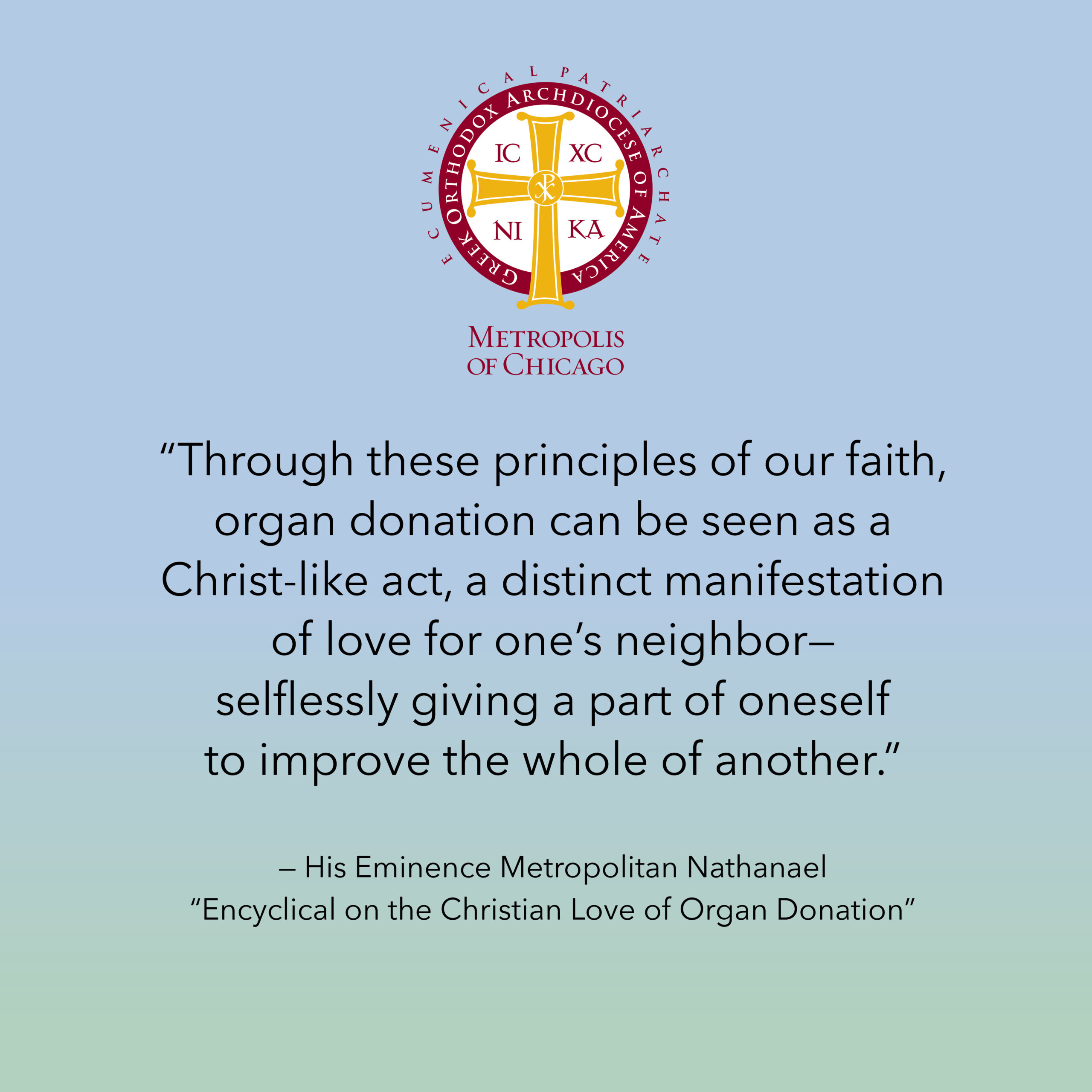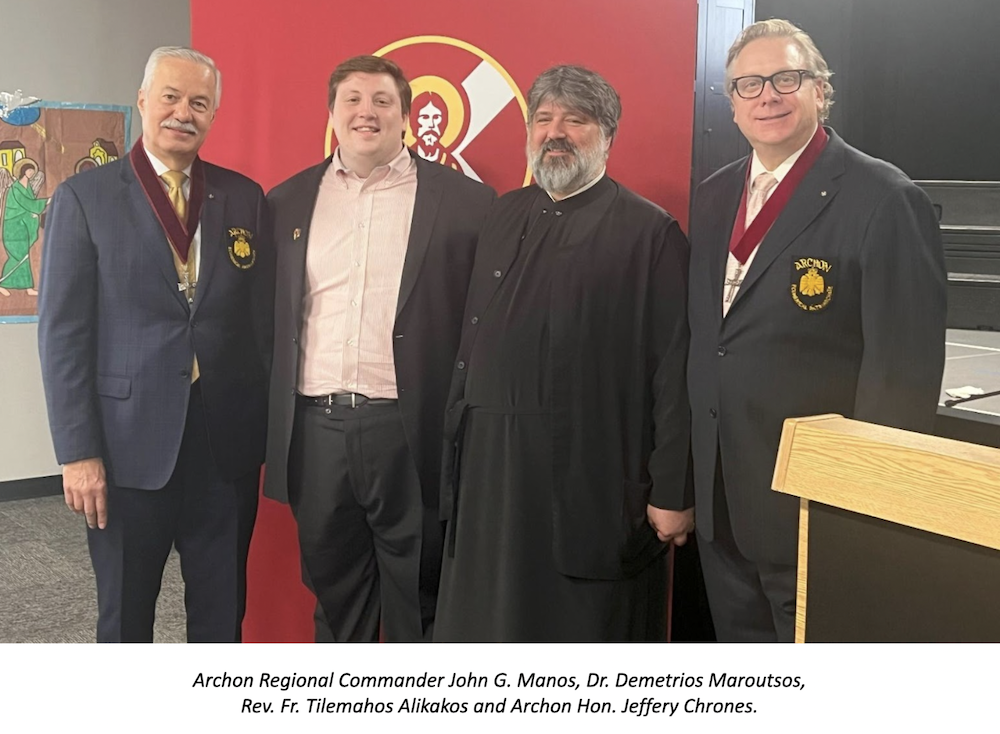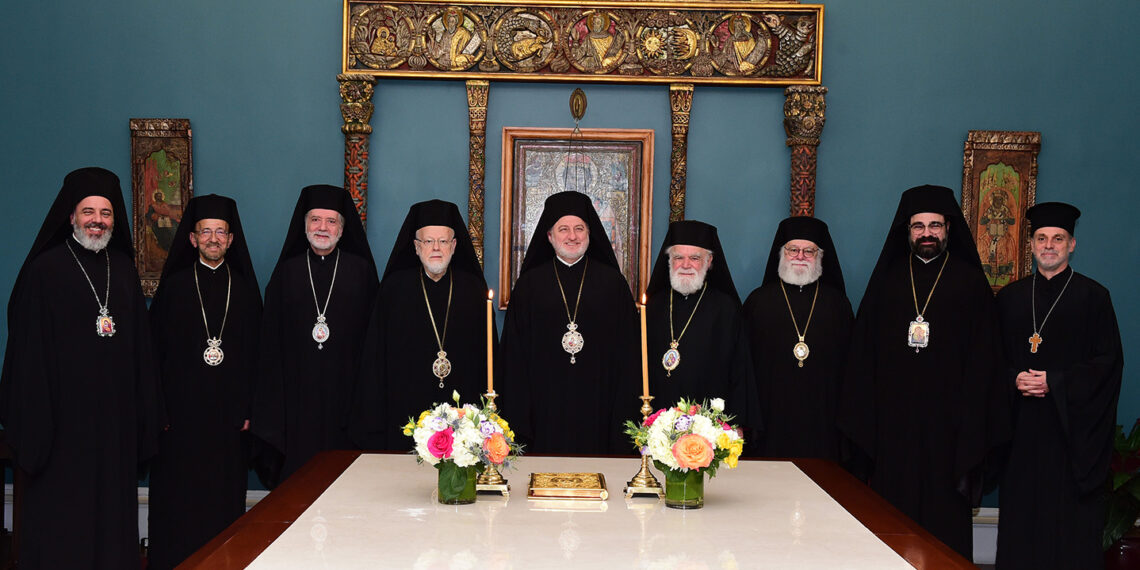Reflections Offered by Bishop Demetrios of Mokissos
On January 22, 2015, I had the honor of attending and marching with hundreds of thousands of citizens from across our nation at the annual “March for Life” in Washington, D.C. This annual event, virtually ignored by the major broadcast media and most news media apart from Fox News, is one of the largest, if not the largest annual protest march in our nation’s capital, and highlights the opposition to so-called abortion rights as well as, and more importantly, a right to life of the pre-born.
This is the fifth time I have participated in this event. Last year, representing the Chair of the Assembly of Bishops, His Eminence Archbishop Demetrios of America, I was privileged to offer the invocation at the pre-march rally, accompanied by numerous fellow hierarchs of our Orthodox Tradition, not to mention hundreds of Orthodox Christian marchers. While this year’s invocation was offered by the Roman Catholic tradition, I was struck by the camaraderie among Christian leaders in general, and their recollection of and appreciation for the Orthodox participants. Regardless of distinctions in opinions regarding legal or constitutional questions, or even the theological basis for an opposition to abortion on demand and the sanctity of human life, the common agreement on the conclusions regarding what remains a polarizing moral question of our American society is noteworthy. Our common witness to the sacredness of life is not only an important aspect of our Orthodox presence in this nation, but also a basic area of agreement in our ecumenical environment and one where we have gained some small victory.
This victory is the obvious increasing presence of young people at the March for Life itself. If we may observe a general increase in the “protest” movements of college-age young adults generally, it can be admitted that such protests often seem to be amorphous, less focused and more popular social activities than the youth movements of the Vietnam War era. At such publicized protests many participants have no clear goal. Such is not the case with the March for Life with an increasing number of young people who are clear in their opposition to abortion on demand. One might even note that this does not necessarily indicate a simple rise in the political conservatism of young adults, for the same demographic remains concerned about many causes and issues that cross the political division of left and right: from civil rights and social tolerance, to the protection of the environment.
Obviously, for Orthodox Christians, the right to life is not simply a political or legal issue. It is a moral issue. Indeed, my own concern is not simply about what is legal or illegal in the juridical framework of our nation. While this may be important, more important is the moral force of our Christian faith and our Orthodox witness to our neighbors in our American society and culture. We not only stand, and march, with those with whom we agree, but affirm the principle of our faith as witnesses to the truth before those with whom we disagree. Of course, in our day, we also stand and affirm a principle to our own Orthodox sisters and brothers: that such a witness is a necessary aspect of “doing the truth” in our present context.
So I am heartened by the regular and even growing presence of Orthodox Christians at the March for Life: from hierarchs, to parish clergy, monastics, seminarians and laypersons of all ages, showing that not only do we pray that all human life be blessed and held sacred, in the womb, in our homes, in the streets and in our prisons, but that our prayer moves us to confess the gift of life granted by our Lord by all those who would spurn that gift through the actions of abusing or removing life, or by ambivalence to the spurning of that sacred gift in our homes, on our streets, in our prisons and even, sadly, in our institutions of healing. May our Lord grant us the strength to continue this witness so that we may bring righteousness to our land.




